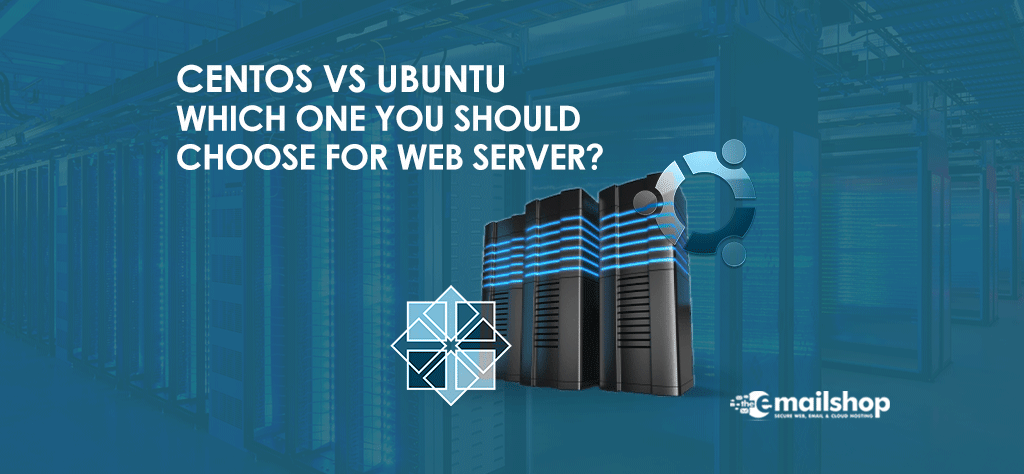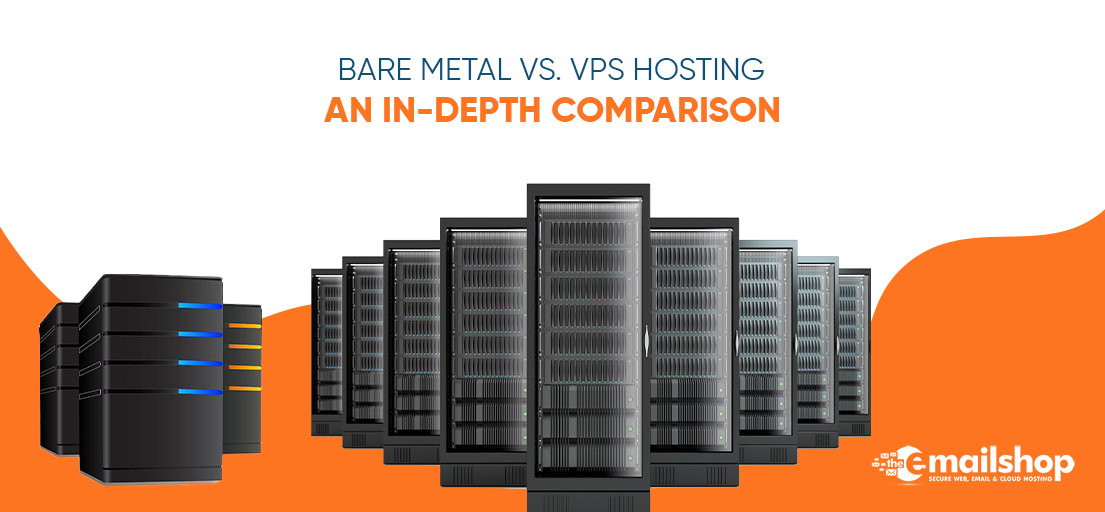Any decision seems complicated when the number of options is high. Choosing the operating system for your server is no exception. Of course, you have many choices when selecting any Linux distro, but CentOS and Ubuntu are the two most famous.
In such cases, there are no straightforward decisions. In most cases, we try to pin down two or three best options and then finalize one of them. This article would help you understand both CentOS and Ubuntu on the individual level and their differences and finalize one for your server. Let us start.
What is CentOS?
Released in 2004, it is an open-source Linux distro. Many people see it as the replica of the Red Hat Enterprise Linux (RHEL). It is the most used operating system in the corporate world. This enterprise class operating system enjoys the support of a large community.
This striking resemblance with RHEL itself is a competitive edge that CentOS enjoys. It feels great to develop in the most excellent Linux distro out there. However, users also love CentOS for its stability and robust security. This security also comes from its relation with RHEL. That gives it a corporate-level update. They also like it because it is highly customizable. Also, customers like it because it is highly customizable.
What is Ubuntu?
Ubuntu was also released in 2004. It has been enjoying the position of one of the most favorite operating systems of the public, for personal and professional use, for a very long time. This open-source system is frequently updated to identify and remove bugs. So many rich features and package groups make Ubuntu a perfect candidate for various web projects.
Ubuntu also receives a lot of appreciation for having tons of apps. More than 40,000 applications are available in the Ubuntu software center. Just like CentOS, Ubuntu has various security features and is highly customizable.
Two Main Differences Between Centos vs Ubuntu
- Debian architecture provides the basis for Ubuntu. Red Hat Enterprise Linux does the same for CentOS, and it is the first fundamental difference.
- The apt-get package manager lets you download the DEB packages in Ubuntu. In CentOS, the yum command plays the same role. You use it to download and install RPM packages from the central repository.
What Makes CentOS A Better Option?
Most experts agree that CentOS is a relatively more stable option. The stability of CentOS is what makes it a better choice. It is stable because the package updates are less frequent.
However, some people also see it as a drawback of CentOS. When you need a particular software version, you will have to install it manually.
What Makes Ubuntu A Better Option?
CentOS being more stable does not mean that Ubuntu is less stable or not secure. Moreover, Ubuntu takes the lead in many other aspects. The first thing to notice is that you can have a lot of books, tutorials, and online communities for help. So if you encounter a problem, it is easy to get the solution.
That is rare in CentOS since it has a smaller community, and extensive documentation is also unavailable. Its second edge over CentOS is a great deal of support for container and cloud deployments.
However, it is still challenging to choose one server for some users. We have mentioned enough differences, yet which operating system suits which type of users is not clear. Therefore, you need to critically analyze both systems, understand their pros and cons, and then get to know your requirements.
Situation When Ubuntu Is Ideal Choice
You should go with Ubuntu if you are a beginner. Running CentOS would be troublesome for you since RHEL-based applications are not used widely. So you do not get much support.
Ubuntu, on the other hand, is widely used. You can avail of support from a large community whenever you want. Many updates will help you stay on track, and a massive list of tutorials will always be there to help you stay on track. Using the Ubuntu server will not be a difficult task if you have used Ubuntu desktop in the past. CentOS is also not a wrong choice, but it could be a little challenging to use if you are a beginner.
Situation When CentOS Is the Ideal Choice
It is when you are a business owner. Businesses need more stability and security, which CentOS can provide better. Also, a minor frequency of updates makes it more stable and secure.
Ubuntu has many advantages, but sometimes, you must revert to older versions. This is because the recent updates are buggy sometimes. Also, CentOS supports cPanel, but Ubuntu does not.
Let us now see the tabular form differences to understand things better.
| Ubuntu | CentOS | |
| 1 | Frequent Updates | Rare Updates |
| 2 | Does Not Support cPanel (But alternatives are available) | Supports both WHM & cPanel |
| 3 | It is based on Debian | It is based on RHEL |
| 4 | Larger User Base | Smaller User Base |
| 5 | Larger Developer Community | Smaller Developer Community |
| 6 | Help is easily available through documentations and people | Help is not easily available |
| 7 | Easy to learn for beginners | Difficult to learn for beginners |
| 8 | .deb packages installed using the apt-get package manager | .rpm packages installed using the yum package manager |
The Final Verdict
Ultimately, both operating systems are widespread and one of the best Linux distros. Which one is better for you depends more on your requirements and less on their pros and cons. When you know the needs, selection becomes very easy. The purpose of this article was to offer a better understanding of the differences between both Linux distros.
For Discount and Offers, Visit our Official Twitter Page









